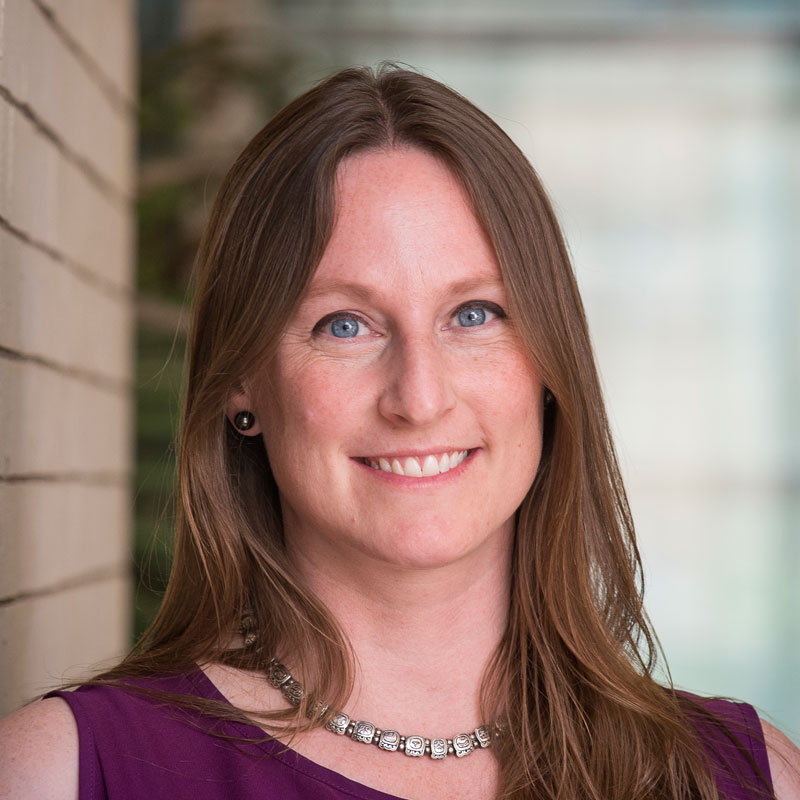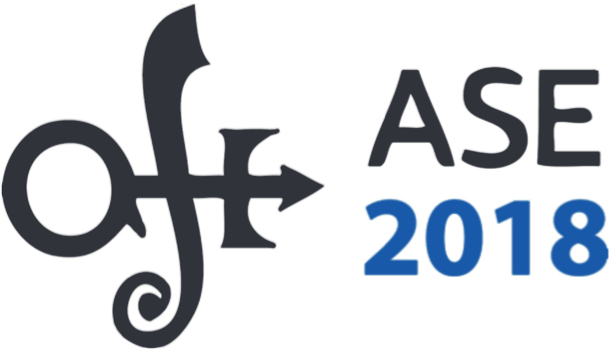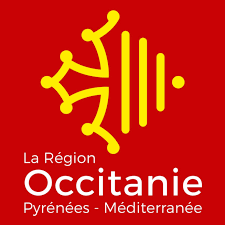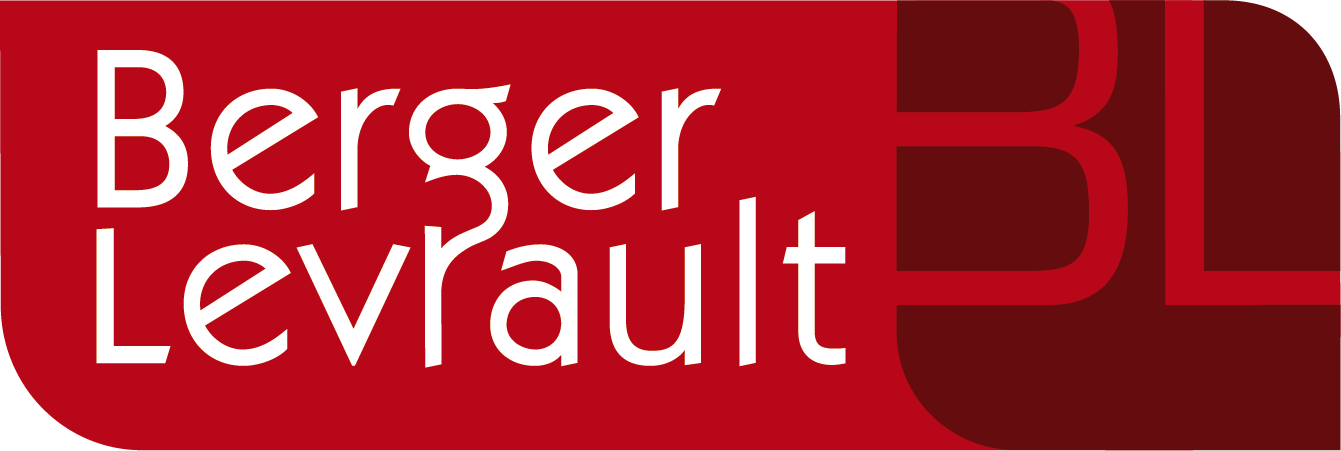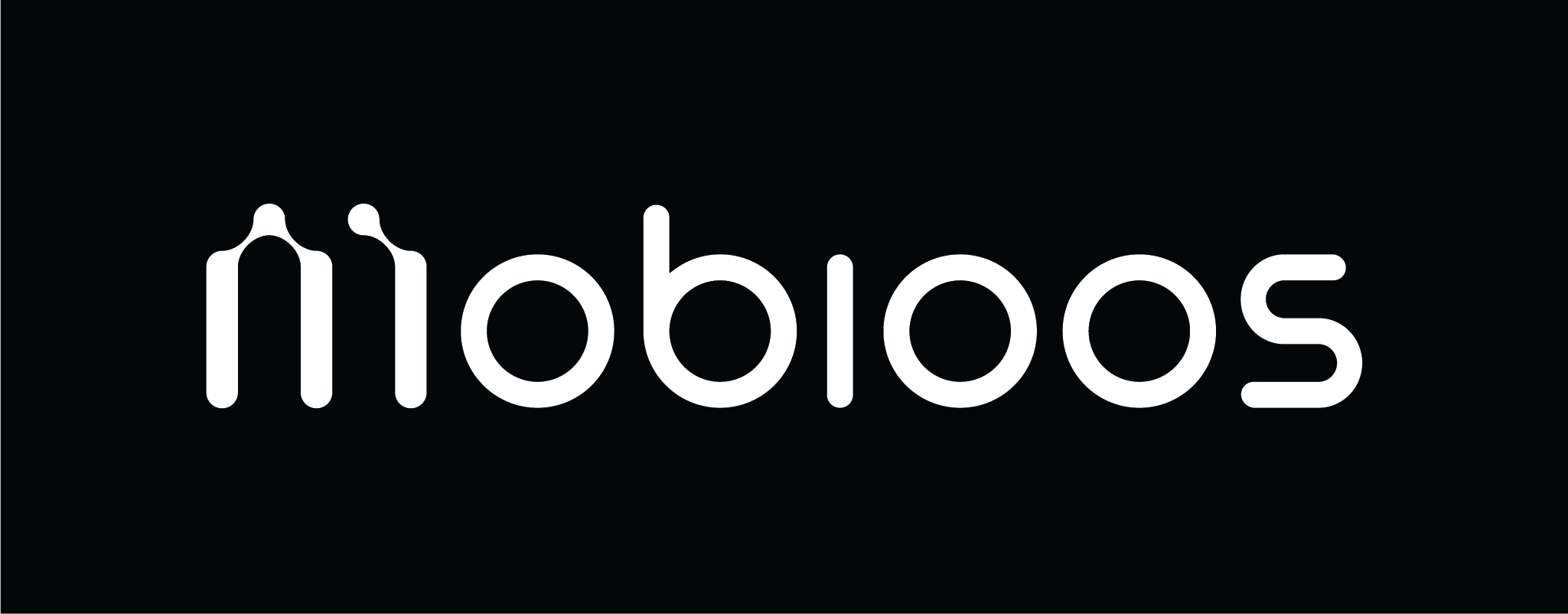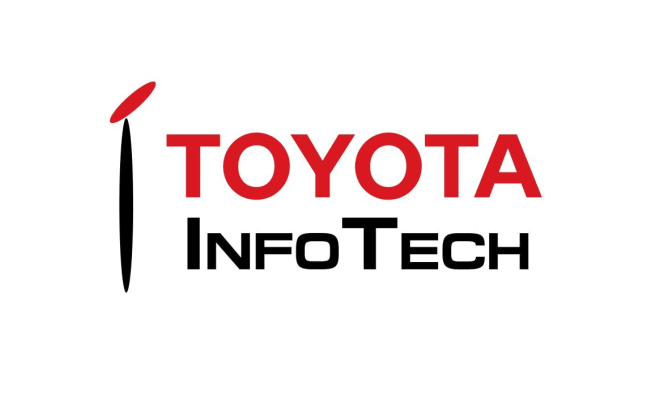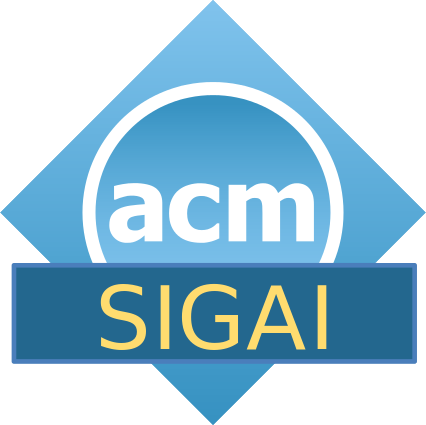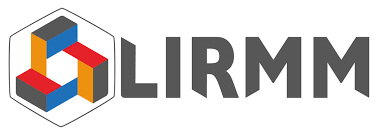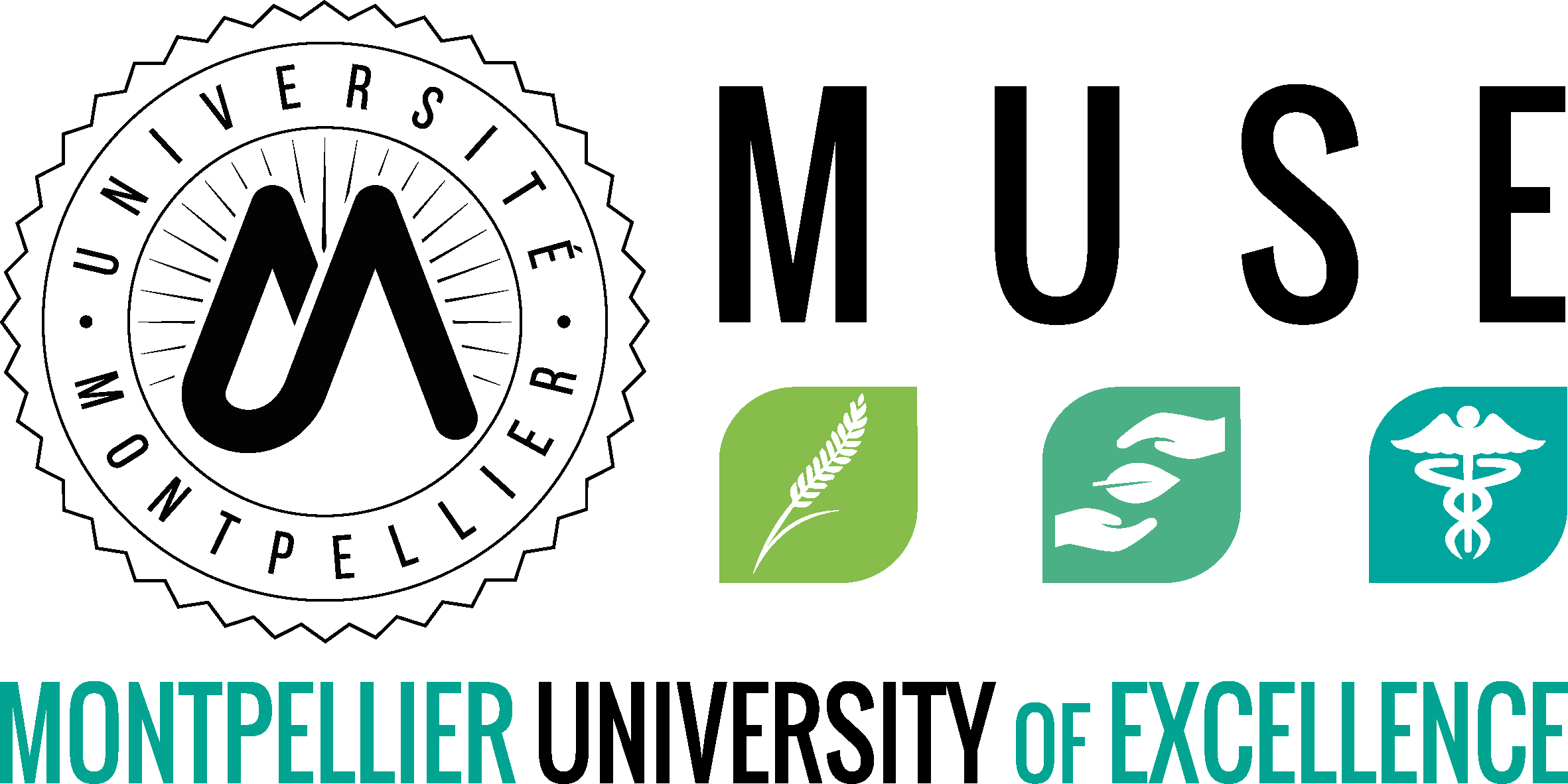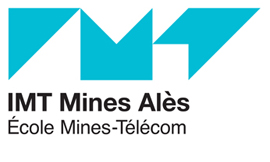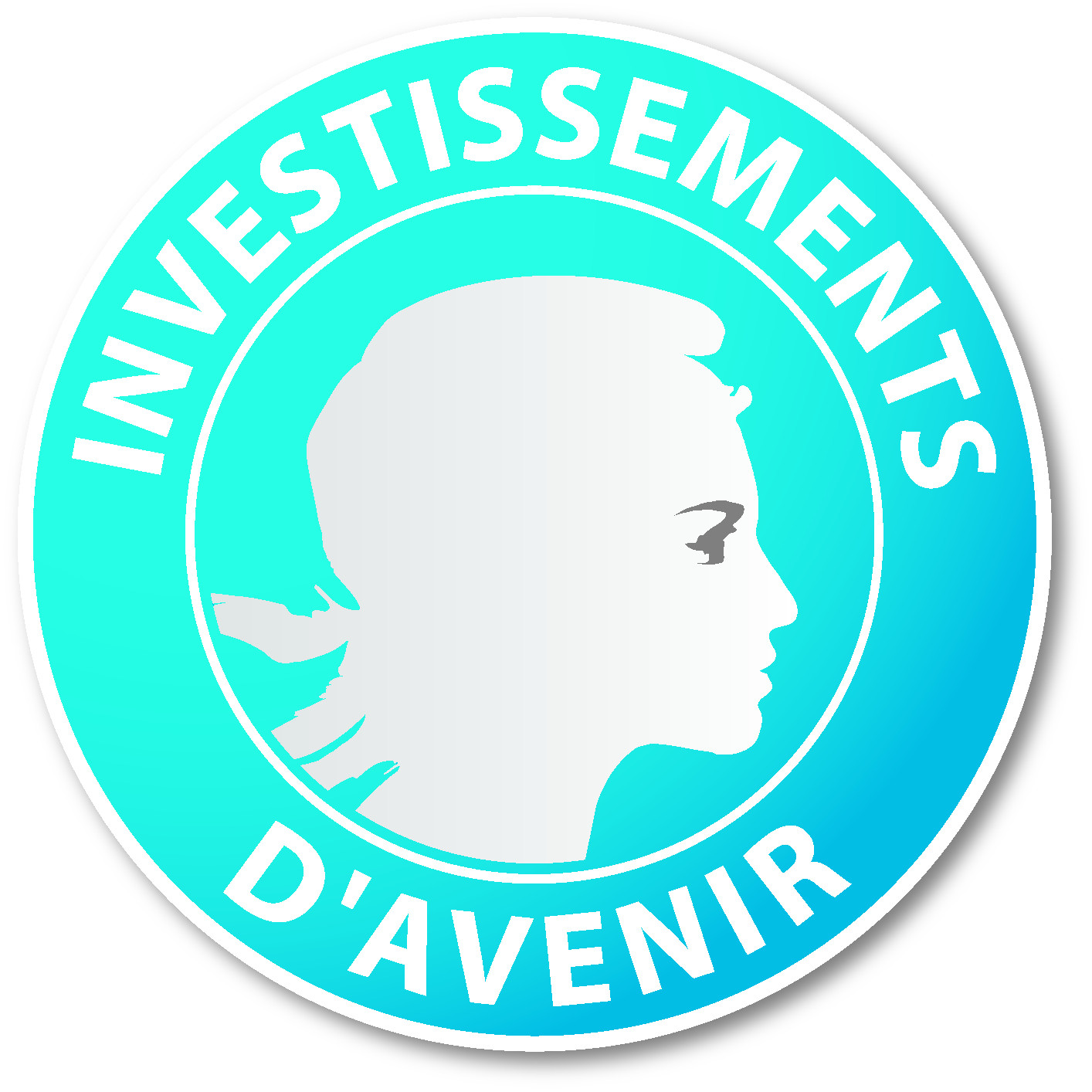- Roberto Di Cosmo - Software Heritage: collecting, preserving and sharing all our source code
- Jane Cleland-Huang - Automated Requirements Engineering
- IEEE CS Harlan Mills Award keynote address
Gail C. Murphy - The Need for Context in Software Engineering - Lauren Herckis - Implementation Science for Software Engineering: Bridging the Gap Between Research and Practice
Software Heritage is a non profit initiative whose ambitious goal is to
collect, preserve and share the source code of all software ever written, with
its full development history, building a universal source code software
knowledge base.
Software Heritage addresses a variety of needs: preserving our scientific and
technological knowledge, enabling better software development and reuse for
society and industry, fostering better science, and building an essential
infrastructure for large scale, reproducible software studies.
We have already collected over 4 billions unique source files from over 80
millions repositories, and organised them into a giant Merkle graph, with full
deduplication across all repositories.
This allows us to cope with the growth of collaborative software development,
and provides a unique vantage point for observing its evolution.
In this talk, we will highlight the new challenges and opportunities that
Software Heritage brings up.
After obtaining a PhD in Computer Science at the University of Pisa, Roberto Di Cosmo was associate professor for almost a decade at Ecole Normale Supérieure in Paris, and became a Computer Science full professor at University Paris Diderot in 1999. He is currently on leave at Inria. He has been actively involved in research in theoretical computing, specifically in functional programming, parallel and distributed programming, the semantics of programming languages, type systems, rewriting and linear logic. His main focus is now on the new scientific problems posed by the general adoption of Free Software, with a particular focus on static analysis of large software collections, that were at the core of the european reseach project Mancoosi. Following the evolution of our society under the impact of IT with great interest, he is a long term Free Software advocate, contributing to its adoption since 1998 with the best-seller Hijacking the world, seminars, articles and software. He created the Free Software thematic group of Systematic in October 2007, and since 2010 he is director of IRILL, a research structure dedicated to Free and Open Source Software quality. In 2016, he co-founded and directs Software Heritage, an initiative to build the universal archive of all the source code publicly available.
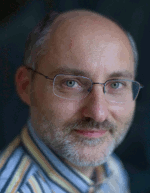
Requirements Engineering includes various activities aimed at discovering, analyzing, validating, evolving, and managing software and systems requirements. Many of these activities are human facing, effort intensive, and sometimes error prone. They could benefit greatly from cutting edge advances in automation. However, the software engineering community has primarily focused on automating other aspects of the development process such as testing, code analytics, and mining software respositories. As a result, advances in software analytics have had superficial impact upon advancing the state of art and practice in the field of requirements engineering. Two primary inhibitors are the lack of publicly available datasets and poorly publicized industry-relevant open requirements analytic challenges. To empower the Automated Software Engineering community to tackle open Requirements Engineering challenges, the talk will describe the rapidly evolving landscape of requirements engineering, clearly articulate open challenges, draw upon examples from an ongoing, agile, safety-critical project in the domain of Unmanned Aerial Vehicles, and introduce Dronology as a new community dataset.
Dr. Jane Cleland-Huang is Full Professor of Software Engineering at the University of Notre Dame. She holds a PhD in Computer Science from the University of Illinois at Chicago. Prior to her involvement in academia, Dr. Cleland-Huang worked in industry as a developer. She is currently director of the Software and Requirements Engineering Research Lab and serves as North American Director of the Center of Excellence for Software Traceability. She has served as PI on grants worth over $7 Million. Dr. Cleland-Huang currently serves as Associate Editor-in-Chief of IEEE Transactions on Software Engineering, and serves on the Editorial Board of Springer-Verlag's Requirements Engineering Journal. She is on the Steering Committee of the International Requirements Engineering Conference, has served as Program Chair for RE'2010 held in Sydney, Australia and was Program co-Chair of the SIGSOFT Conference on 2016 Foundations of Software Engineering (FSE). Dr. Cleland-Huang currently teaches undergraduate level courses in Software Engineering. Contact her at (JaneClelandHuang at nd dot edu.)
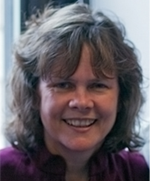
The development of a software system requires the orchestration of many
different people using many different tools. Despite the need for a developer
who is performing a task to understand the context in which that task is
undertaken, the tools we imagine, build and provide to support software
developers are typically isolated. Instead of the tools helping a developer
work within the appropriate context, it is the developer who must bring the
context to the tools.
In this talk, I will argue that the lack of context in the
software engineering tools we build limits the effectiveness of developers and
of our software development practices.
Gail C. Murphy is a Professor of Computer Science and Vice-President Research and Innovation at the University of British Columbia. She is also a co-founder at Tasktop Technologies inc. Her research interests are in improving the productivity of software developers and knowledge workers by giving them tools to identify, manage and coordinate the information that really matters for their work. She is a Fellow of the ACM and a Fellow of the Royal Society of Canada. She is the recipient of the 2018 IEEE Computer Society Harlan D. Mills award and a previous recipient of an NSERC E.W.R. Steacie Award and the AITO Dahl-Nygaard Junior Prize.

Software engineering research rarely impacts practitioners in the field. A desire to facilitate transfer alone is not sufficient to bridge the gap between research and practice. Fields from medicine to education have acknowledged a similar challenge over the past 25 years. An empirical approach to the translation of research into evidence-based practice has emerged from the resulting discussion. Implementation science has fundamentally changed the way that biomedical research is conducted, and has revolutionized the daily practice of doctors, social workers, epidemiologists, early childhood educators, and more. In this talk we will explore the methods, frameworks, and practices of implementation science and their application to novel disciplines, including software engineering research. We will close by proposing some directions for future software engineering research to facilitate transfer.
Lauren Herckis is an anthropologist at Carnegie Mellon University with
appointments in the Dietrich College of Humanities & Social Sciences and the
Human-Computer Interaction Institute. She is also affiliated with Carnegie
Mellon’s Center for the Future of Work and Simon Initiative. She specializes
in organizational and contextual barriers and affordances to the adoption of
innovative tools and practices in higher education. Herckis applies
anthropological methods and theory to analyze human engagement with the
material world in my field research, and is interested in learning science,
factionalism, the pedagogical training of future faculty, the politics of
praxis in fieldwork, identity maintenance, and political economy in urban
growth. Her research in Latin America interrogates assumptions about cultural
heterogeneity in the context of long-term urban growth, and highlights the
ways that social networks dynamically impact technical choices and the
development of informal economies. Her current projects explore the
intersection of campus culture, technological change, and effective teaching
at the college level. Her research informs policymaking, shapes the
development of learning technologies, and illuminates aspects of
organizational culture and policy which affect teaching practice.
Dr. Herckis has spent her career working in quantitative, qualitative, and
mixed-methods research design and execution, in public, private, and non-profit
contexts, and across a variety of disciplinary domains. A former Fulbright
fellow, Dr. Herckis worked with the Inter-University Consortium for Political
and Social Research, the Center for Health Equity Research and Promotion at the
U.S. Department of Veterans Affairs, and the University of Pittsburgh's Center
for Instructional Development and Distance Education before joining Carnegie
Mellon's Simon Initiative.
